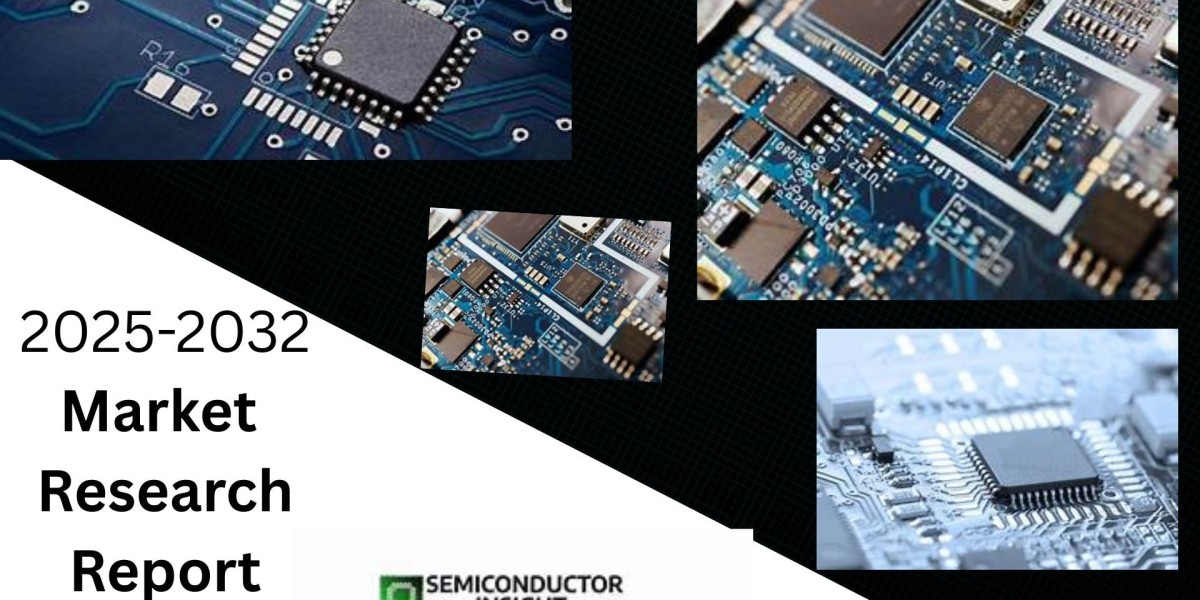Report Overview
The Global Antipsychotic Drugs Market size was valued at USD 17 Billion in 2022 and is expected to grow to USD 29.5 Billion in 2032. Between 2023 and 2032, this market is estimated to register a CAGR of 5.8%.
In 2025, the Antipsychotic Drugs Market is increasingly driven by the rise of Long-Acting Injectable (LAI) antipsychotics, which offer improved patient compliance and fewer hospital readmissions. These formulations, administered monthly or quarterly, help manage severe mental illnesses like schizophrenia with consistent plasma levels and fewer side effects. Pharma companies are expanding their LAI portfolios to cater to outpatient psychiatric care.
With mental illness stigma slowly decreasing and awareness growing, healthcare providers are incorporating LAIs into community mental health programs. Technological advances in extended-release delivery mechanisms are enhancing the durability and tolerability of these drugs. As public health systems look for sustainable treatment strategies, LAIs are seen as a cost-effective and scalable solution.
Click here for more information: https://market.us/report/antipsychotic-drugs-market/ 
Key Market Segments
Based on Therapeutic Class
- First Generation
- Second Generation
- Third Generation
Based on Disease
- Schizophrenia
- Bipolar Disorder
- Unipolar Depression
- Dementia
- Other Diseases
Based on the Distribution Channel
- Hospital Pharmacies
- Drug Stores
- Online Pharmacies
Market Key Players
- Drive DeVilbissSidhil Ltd.
- ALPS Mountaineering
- Sumitomo Dainippon Pharma Co. Ltd.
- Abbvie Inc
- Alkermes Plc
- AstraZeneca Plc
- Reddy’s Laboratories Ltd
- Eli Lilly and Company
- Johnson and Johnson
- Otsuka Holdings Co. Ltd
- Teva Pharmaceutical Industries Ltd
- Bristol-Myers Squibb Company
- Other Key Players
Get a Sample Copy of the Report to Know More: https://market.us/report/antipsychotic-drugs-market/request-sample/
Emerging Trends
Extended-release LAI formulations are becoming the standard for chronic psychosis. These drugs reduce relapse rates by ensuring uninterrupted therapy, especially for patients with a history of poor medication adherence.
Use Cases
A public health clinic in Canada adopted monthly injectable risperidone for outpatient schizophrenia care. The program improved adherence by 50%, lowered emergency admissions, and enhanced patient social functioning.
Contact us on
Market.us (Powered By Prudour Pvt. Ltd.)
Email: inquiry@market.us
Address: 420 Lexington Avenue, Suite 300,
New York City, NY 10170, United States
Tel: +1 718 618 4351







